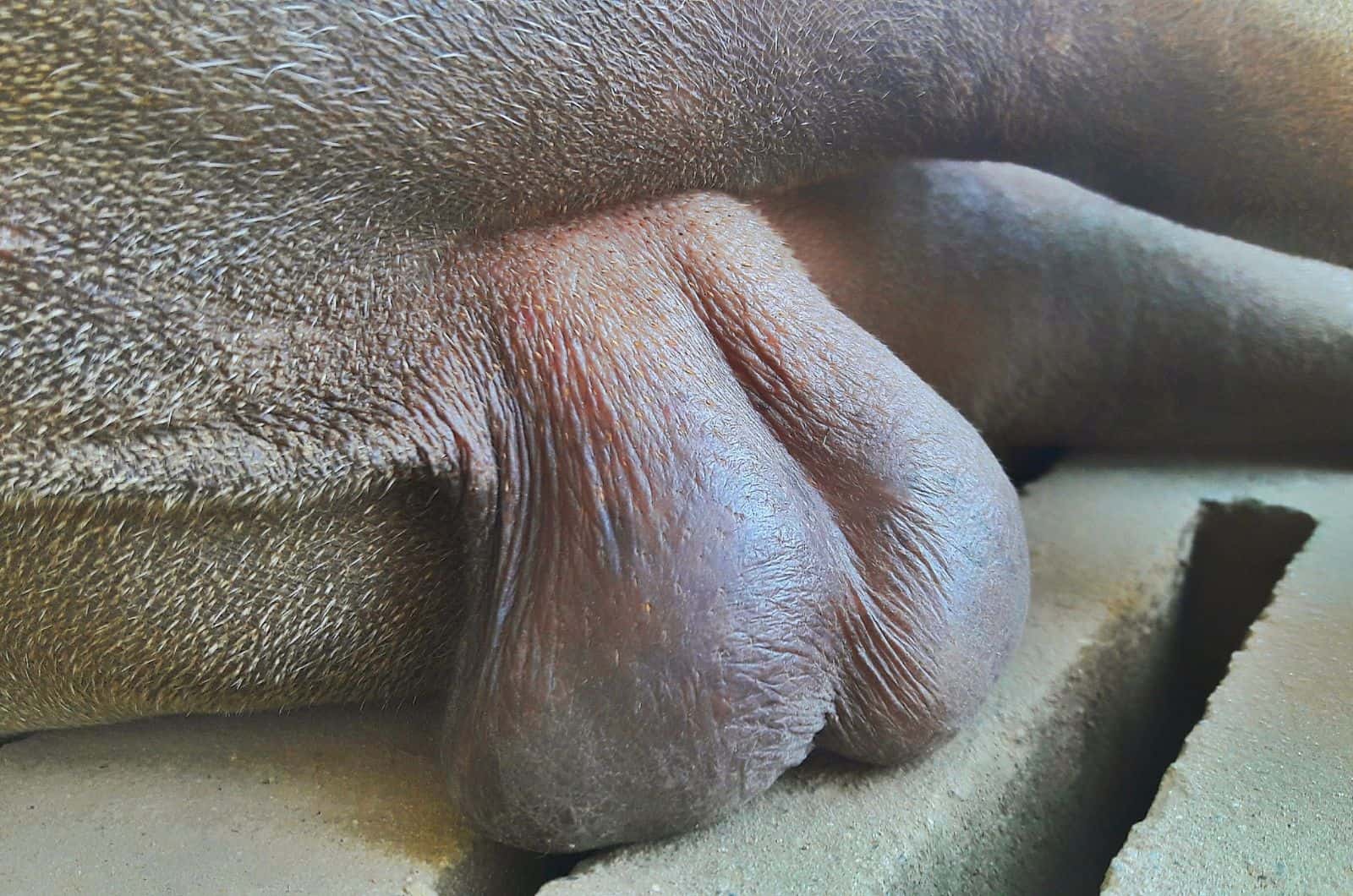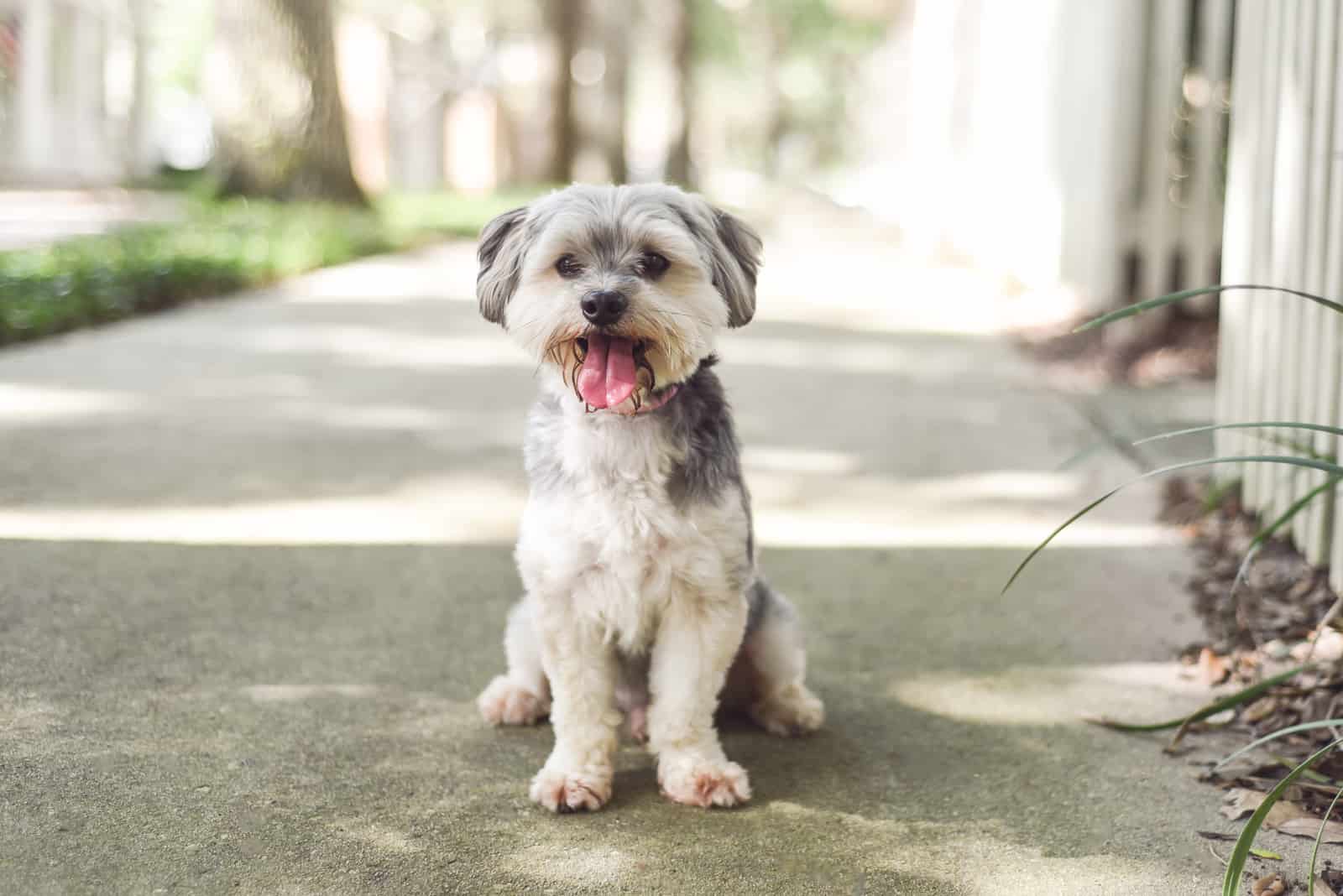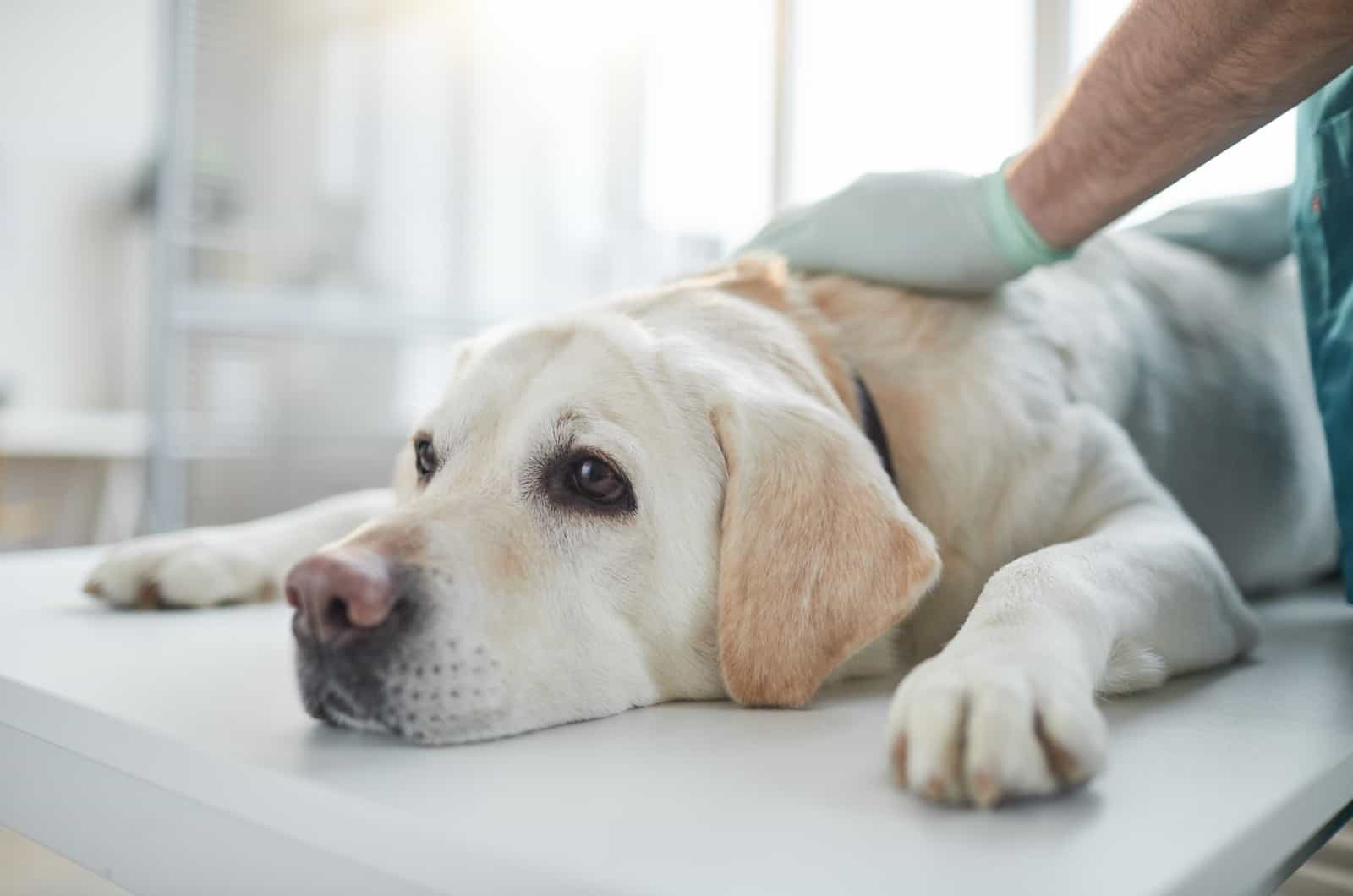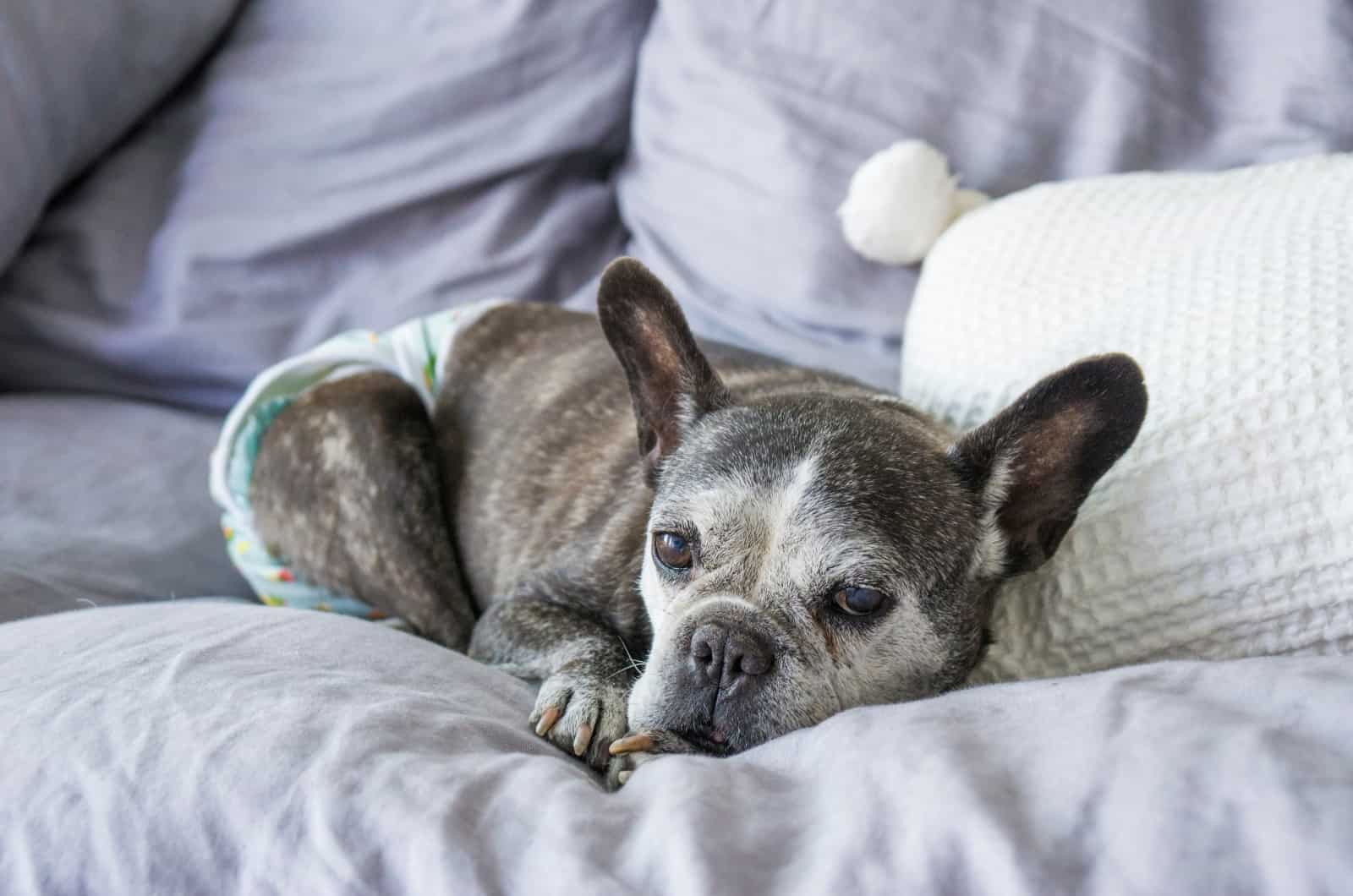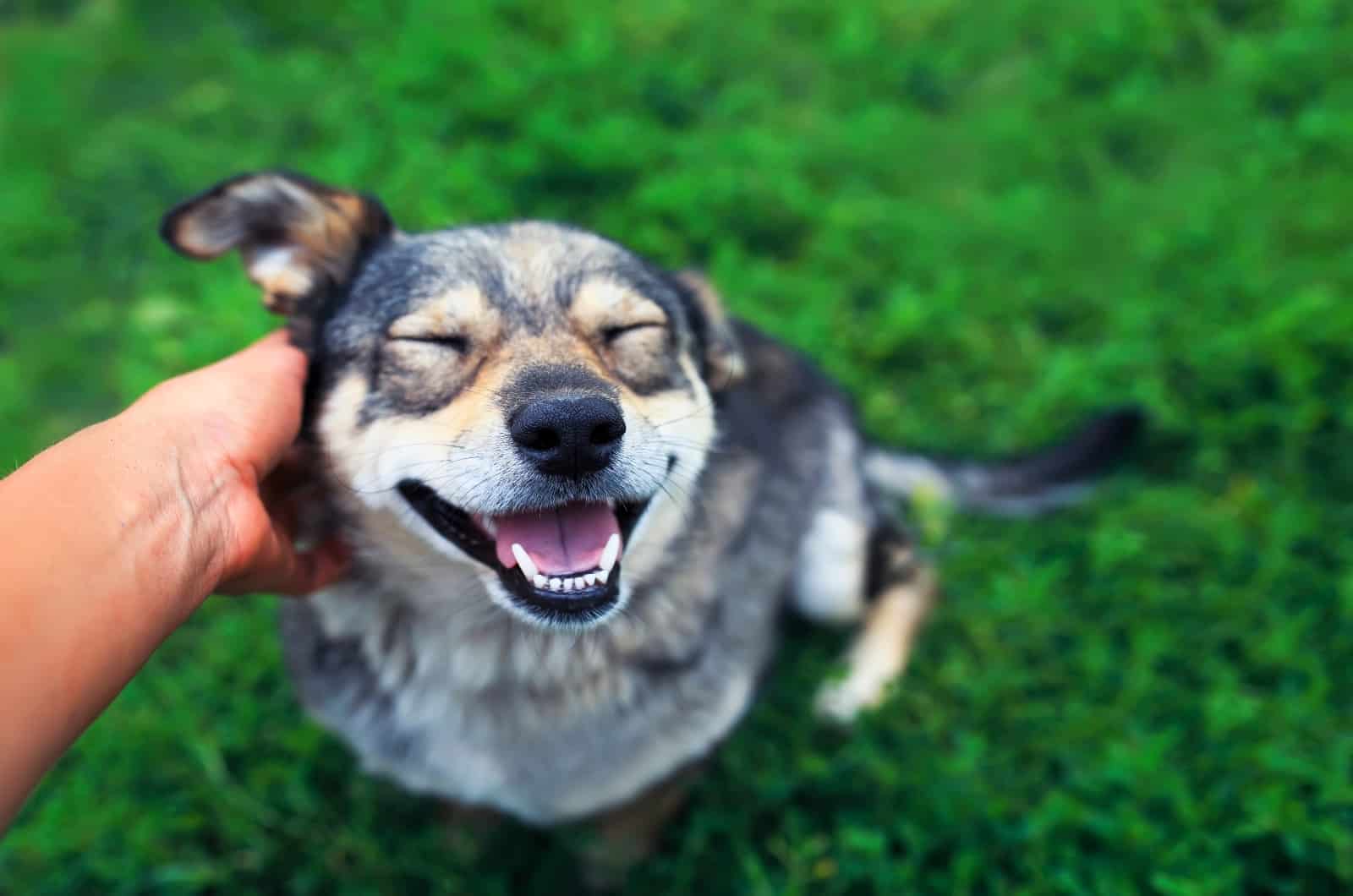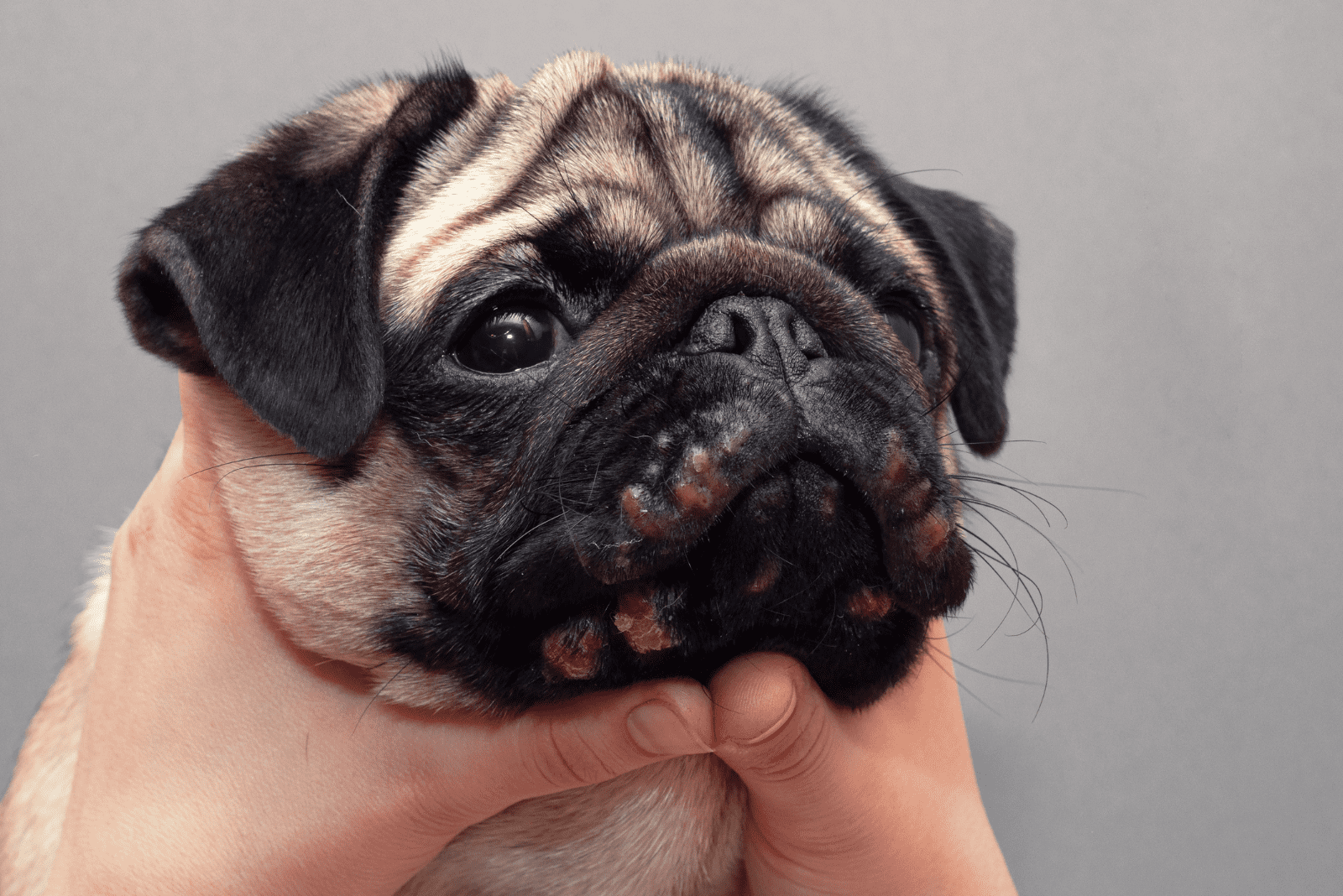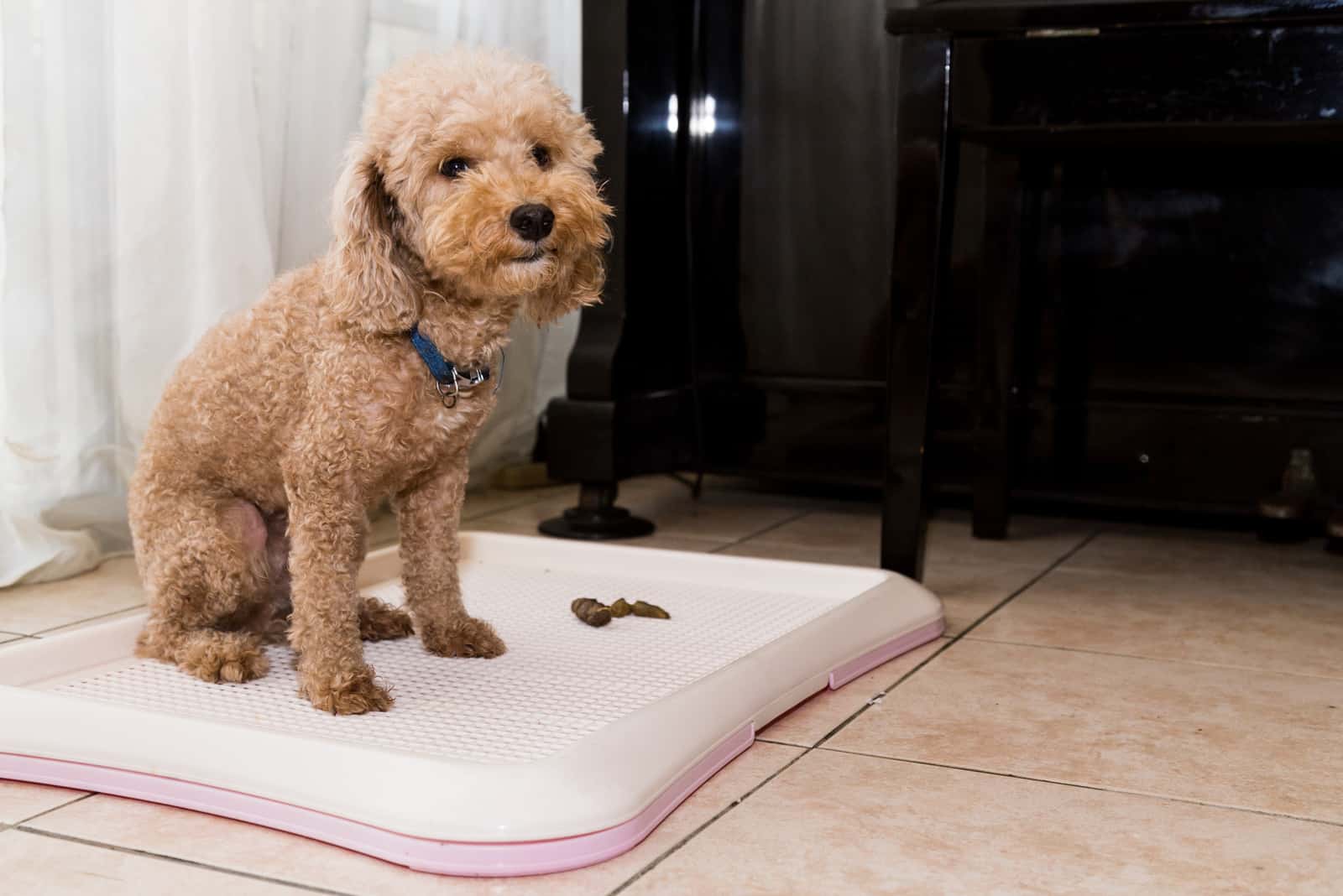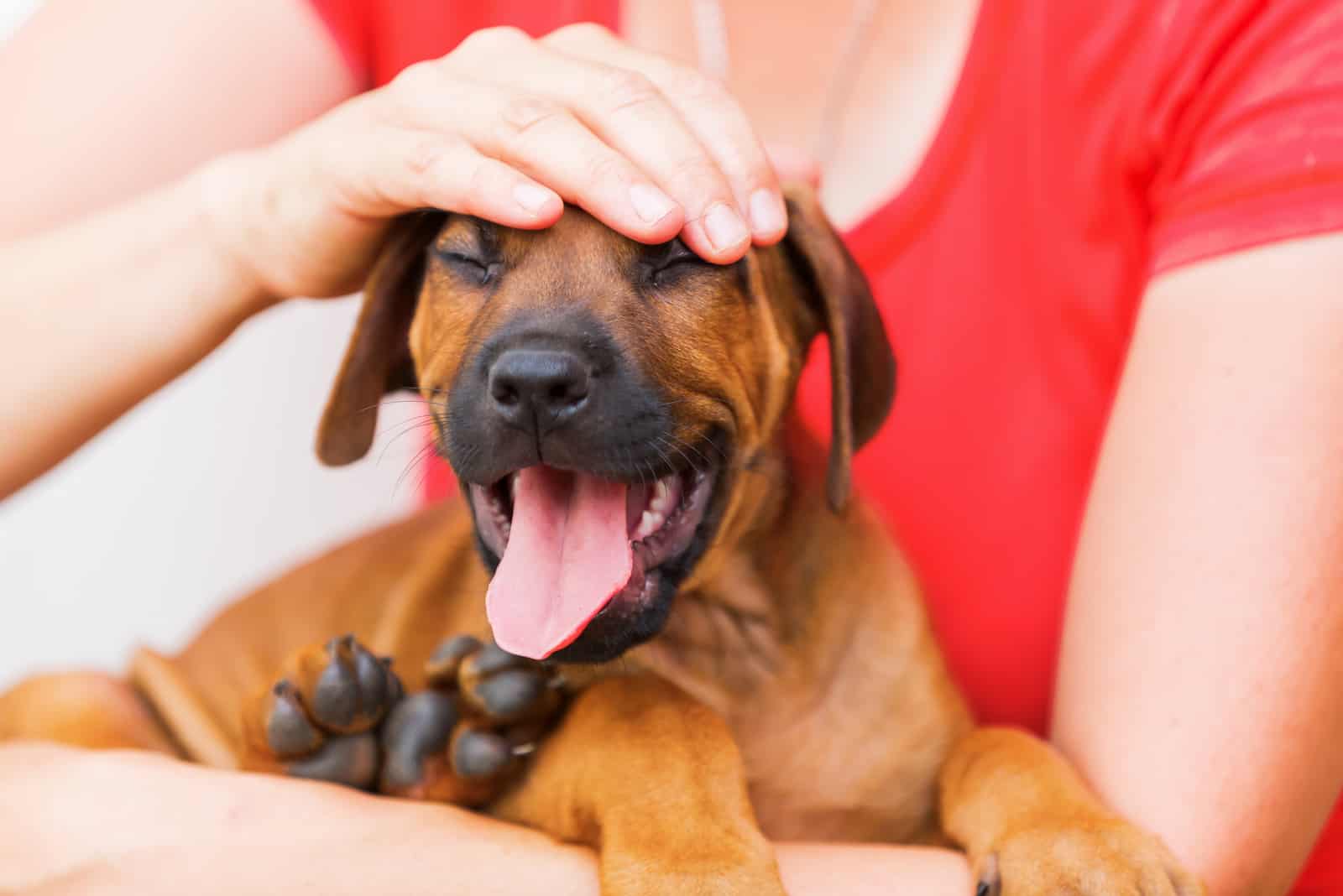Are you considering neutering your pooch? Well, hold on to your leash, because we’re about to take a walk down the pros and cons lane!
On one paw, neutering can have some pawsome benefits such as preventing territorial marking, reducing aggressive behavior, and controlling the population of dogs. But on the other paw, neutering can also lead to weight gain, muscle mass loss, and a decrease in your dog’s protective behavior.
But don’t worry, it’s not all bones and no treats! Ready to explore the pros and cons of neutering a German Shepherd?
5 Pros Of Neutering A German Shepherd
Have you noticed signs that your male pooch has to be neutered? Well then, you’re probably thinking about proceeding with this surgery.
Before making a decision, it’s important to educate yourself on the advantages and disadvantages of neutering your German Shepherd.
We’ve got your back! Here are several pros and cons to help you figure out whether or not you want your German Shepherd to be neutered.
1. Prevents Territory Marking
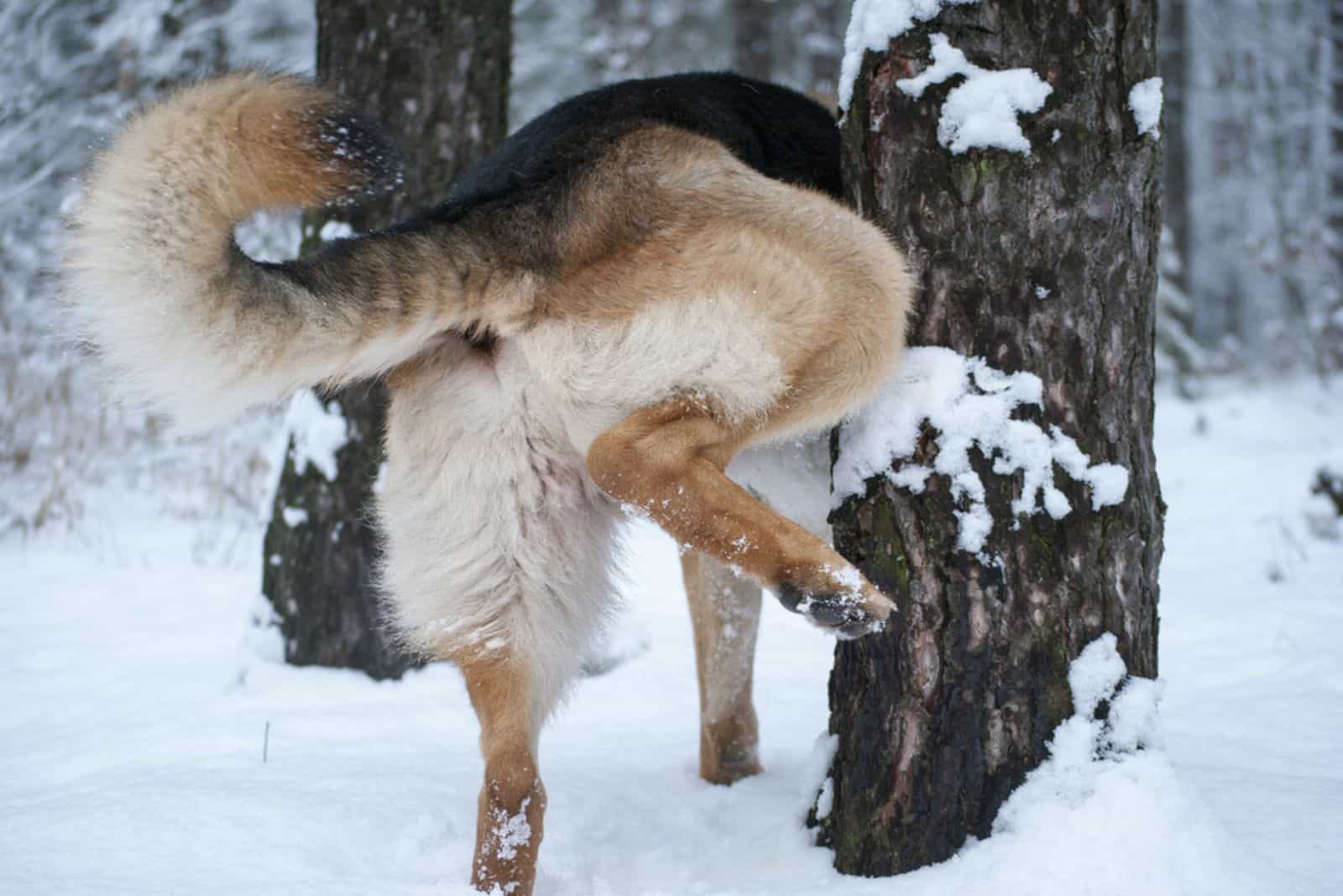
Neutering can help prevent your German Shepherd from marking his territory, which is like putting up “No Trespassing” signs all over your house.
From a biological point of view, neutering a German Shepherd can help prevent territory marking because it removes the source of the dog’s territorial urge: their testicles.
Without testicles, a neutered dog produces less testosterone, which means they will have less of an urge to mark their territory.
You know what this means? No more smelly “surprises” around the house, no more having to constantly clean up after your dog that smells like fish, and no more worrying about your guests being confronted by a territorial dog.
Instead, you can focus on having fun with your GSD, training them, and enjoying their companionship without the stress of territorial marking.
What this also means is that your pup will be less likely to guard their toys, food, or even you!
2. Helps Control Population
Neutering can also help prevent unwanted litters of purebred or mixed breed German Shepherds. Most importantly, it can prevent and reduce puppy overpopulation. It’s like being a responsible pet parent and helping to save the world, one GSD at a time!
This means more dogs will have the opportunity to be adopted and live in loving homes, just like your furry friend.
Neutering your pup can also help to reduce the number of stray dogs in your neighborhood. It will make the environment a safer and more pleasant place for everyone. No more roaming and restless behavior!
3. Reduces The Risk Of Developing Health Problems
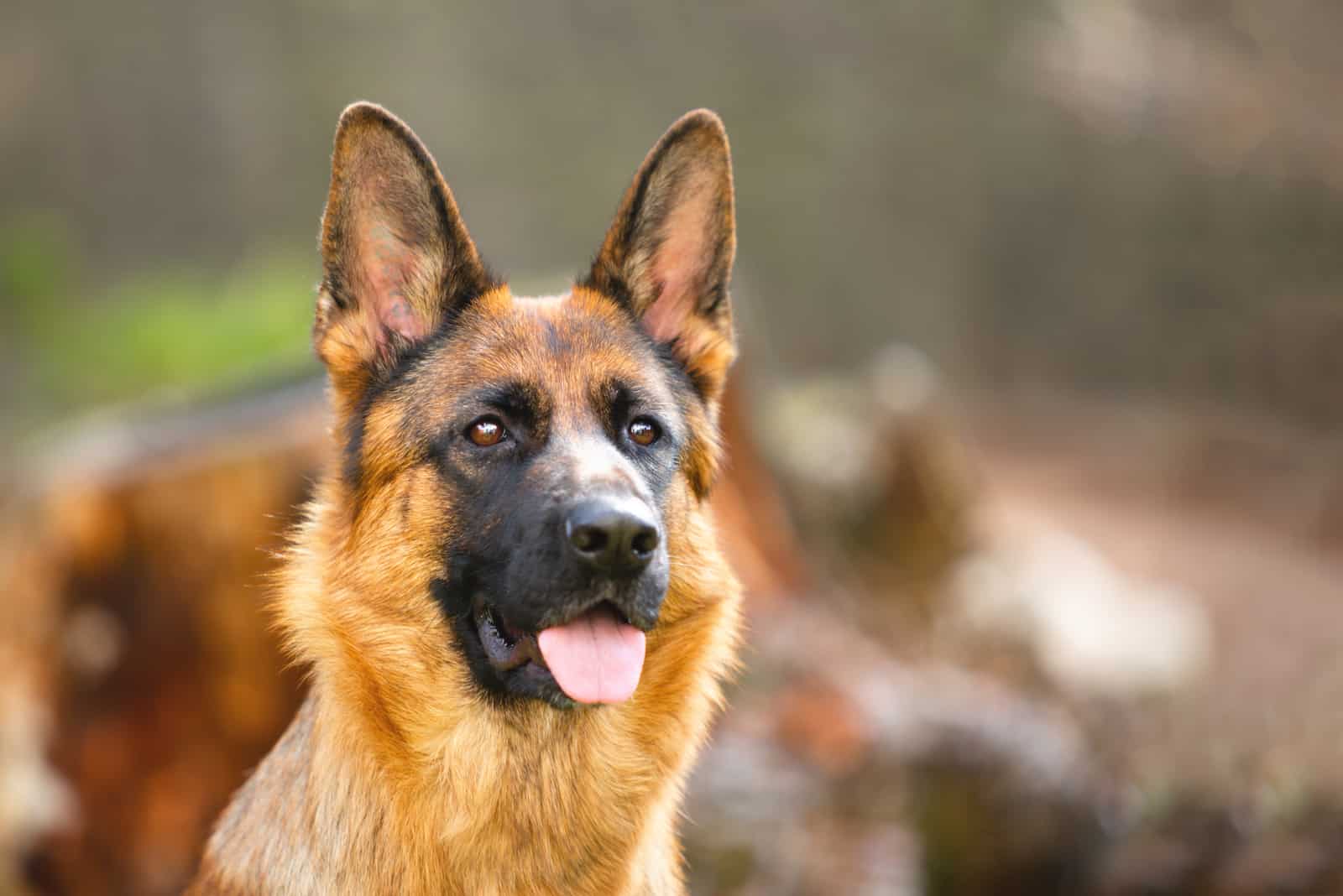
Okay so, if neutering your GSD includes the removal of testicals, then your dog won’t be at risk of developing testicular cancer.
Besides these health issues, neutering a male German Shepherd can also assist in preventing:
- Benign prostatic hyperplasia (BPH)
- Hernias
- Paraphimosis
- Perianal tumors
- Uterine infections
If the dog is neutered during puppyhood (between six and nine months) chances are that it won’t develop prostate, testicular, and other types of cancers during adulthood.
4. Reduces Aggressive Behavior
Neutering can help reduce aggressive behavior in German Shepherds, it’s like taking away the “alpha” attitude and making him a more relaxed companion. You don’t need to worry about him attacking a child or other animals.
Therefore, neutering will help your pooch focus on being a loving companion, rather than being preoccupied with finding a new girlfriend. He will be too busy being your best friend.
Additionally, it will help your GSD make new canine friends. Who knows, maybe he will start getting along with cats too!
With a less aggressive dog, you can safely enjoy more activities together, such as hiking, swimming, or even doing agility training. This means more fun for the both of you!
5. Reduces The Risk Of Injuries
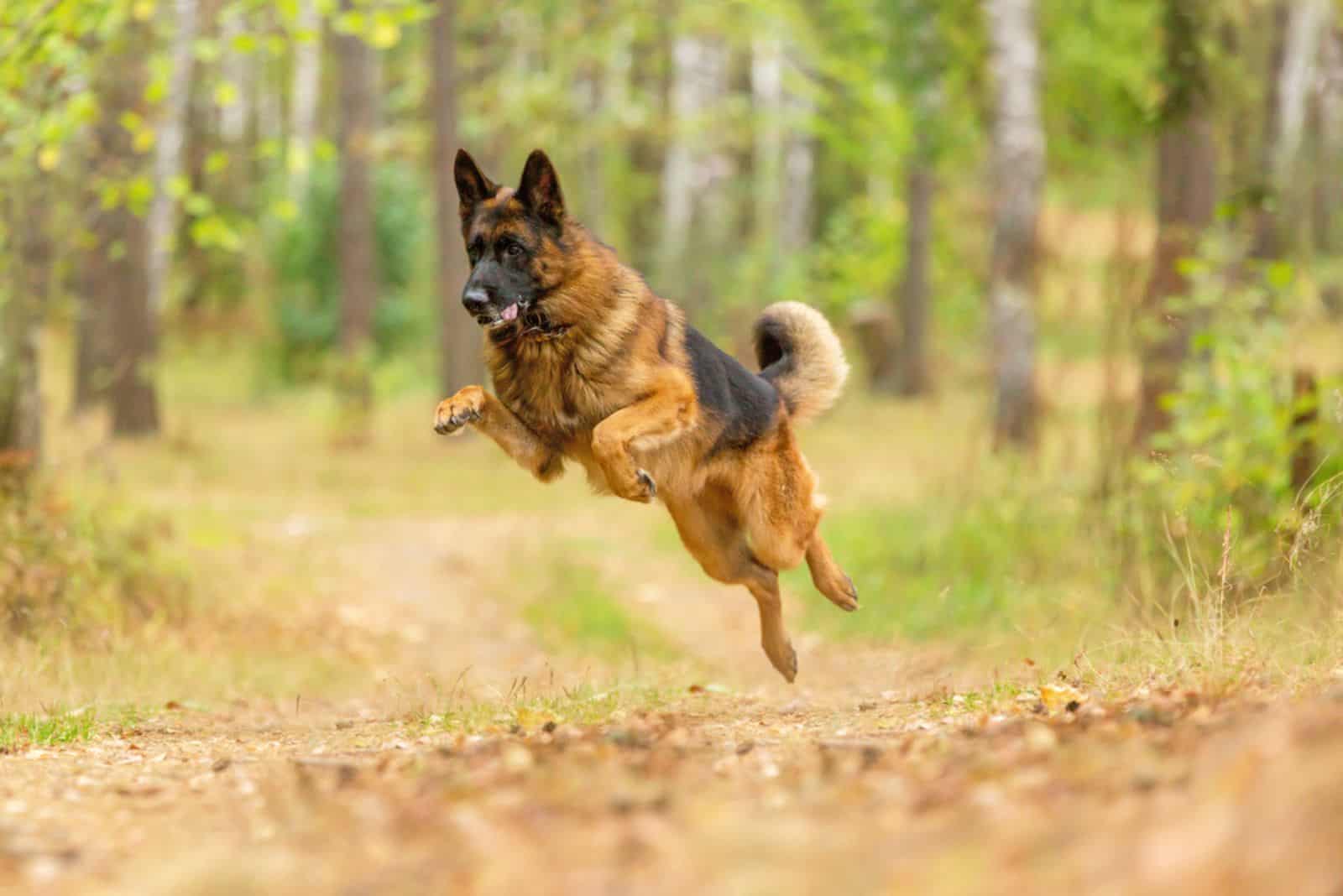
Although German Shepherd are known to jump very high, you certainly do not want yours getting hurt from jumping across a fence.
Why did he do that? Because he felt the presence of a female dog next door! And, because he was not neutered, he went bollocks!
A very important aspect of GSD neutering is that it reduces the risk of injuries by reducing the common mating signs.
With a neutered German Shepherd dog, you don’t have to worry about them getting into fights with other dogs. They will also be less likely to roam, which will reduce the risk of injuries from cars, other animals, or getting lost.
This also means that they will spend more time at home, rather than searching for a date.
By reducing the risk of injuries, neutering can also help your dog to live a longer, healthier life. This means more peace of mind for you and plenty of years of fun, love, and adventure together.
Cons Of Neutering A German Shepherd
While there are many benefits to neutering a German Shepherd, it’s important to also consider the potential drawbacks. It’s worth noting that not every neutering procedure will yield the desired outcome.
This is what you should keep in mind before making a decision.
1. Weight Gain
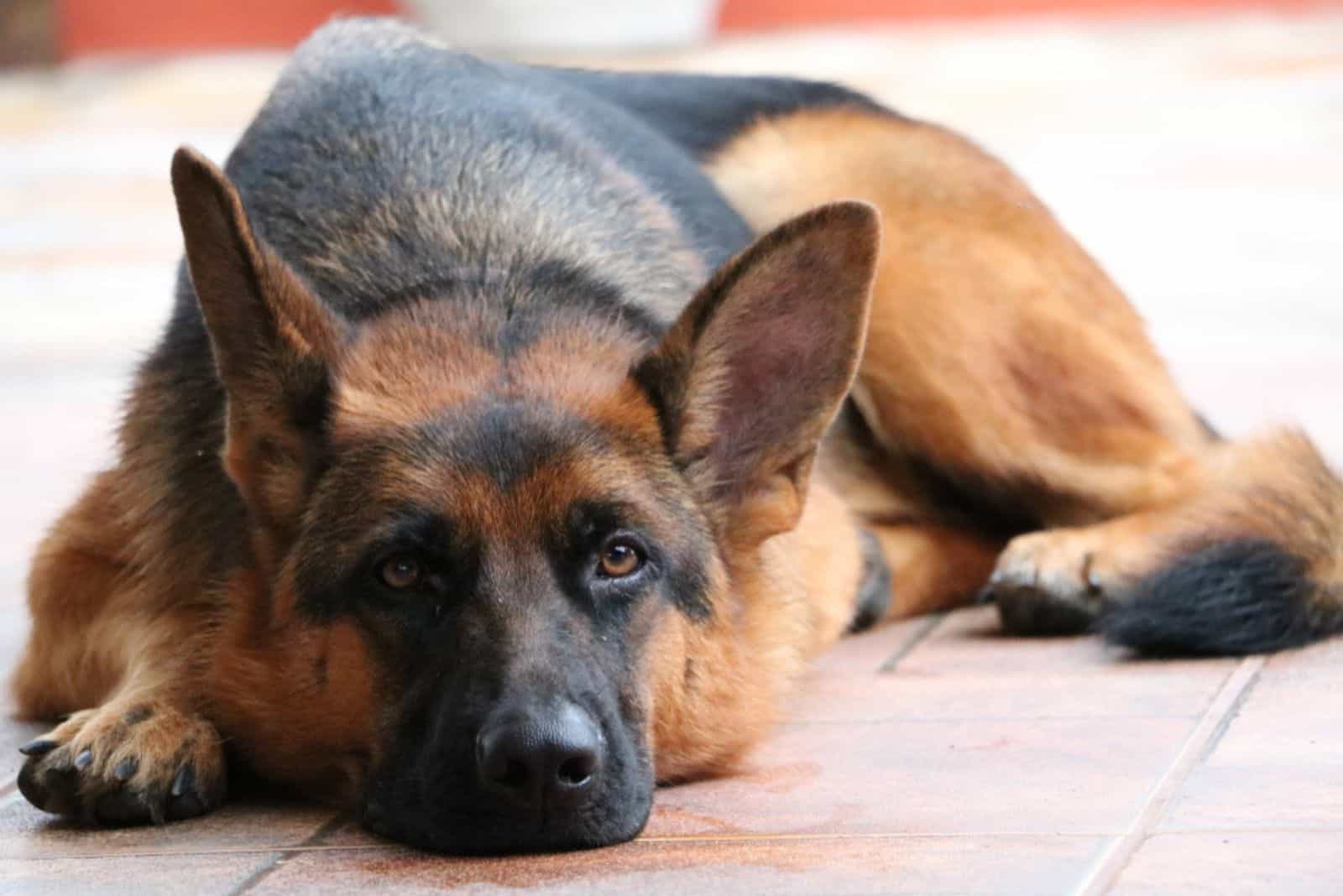
It’s not that your GSD is eating more just because he got his family jewels removed. Let’s blame it on the hormones!
Neutering can cause hormonal changes in your dog’s body which can affect their metabolism and energy levels. This can lead to weight gain if your dog is not getting enough exercise or eating too much.
If neglected, this can lead to canine obesity which is a very serious health concern.
Although a bit of weight gain is generally not a good thing, don’t forget that your neutered German Shepherd dog will still be just as loving and affectionate. And who doesn’t love a big fluffy belly to snuggle up with?
2. Muscle Mass Loss
Neutering can cause your German Shepherd to lose muscle mass, it’s like turning your furry strongman into a weakling. Why?
In addition to gaining weight, neutered German Shepherds can lose muscle mass especially if they are not active enough. Even though they won’t be in pain for long after neutering procedure, some may take resting very seriously and turn into couch potatoes!
Neutered GSD may have what I like to call a “snack attack”. They may have a tendency to eat more, which can contribute to muscle mass loss.
This means your furry friend may have a harder time resisting the temptation to snack on their favorite treats, which can lead to muscle mass loss if they’re not burned off through exercise.
3. Being Less Protective
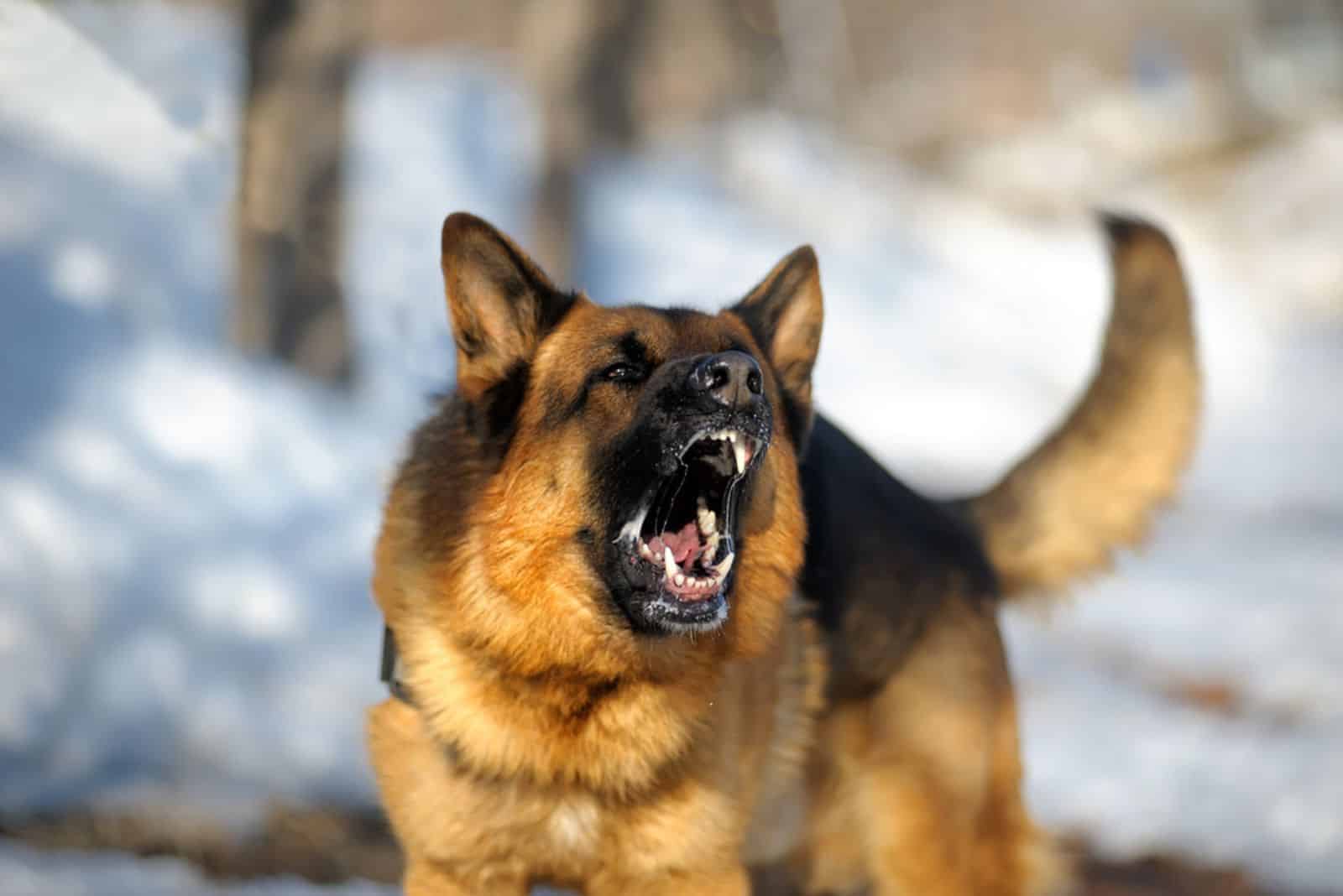
German Shepherds are known as some of the biggest guard dog breeds. They are famous for their protective nature, but neutering can affect this trait in some ways.
Neutering can affect this dog’s protective behavior by reducing the level of testosterone and altering their natural instincts.
In other words, this procedure can make your GSD less inclined to act as a protector, but it doesn’t mean that they can’t be protective anymore.
Once you take their cone off after surgery, they may have a more peaceful and relaxed attitude, which can lead to them being less protective.
A neutered pooch can still protect the people they love, in a different way. They may not be as territorial, but they can still protect their family by being a loving companion and an emotional support. GSDs are good at every task you give them, anyway!
4. Being Lazy
As we’ve previously mentioned, neutering can make your dog more inclined to take naps, which can lead to them being less active and more lazy.
But, did you know that neutering can actually affect your dog’s sleeping pattern?
This can lead to your sleepy German Shepherd being more lazy. He will want to sleep during the day and be awake at night, which can affect your sleeping patterns too!
Again, we can blame it on hormonal changes!
5. Developing Health Problems
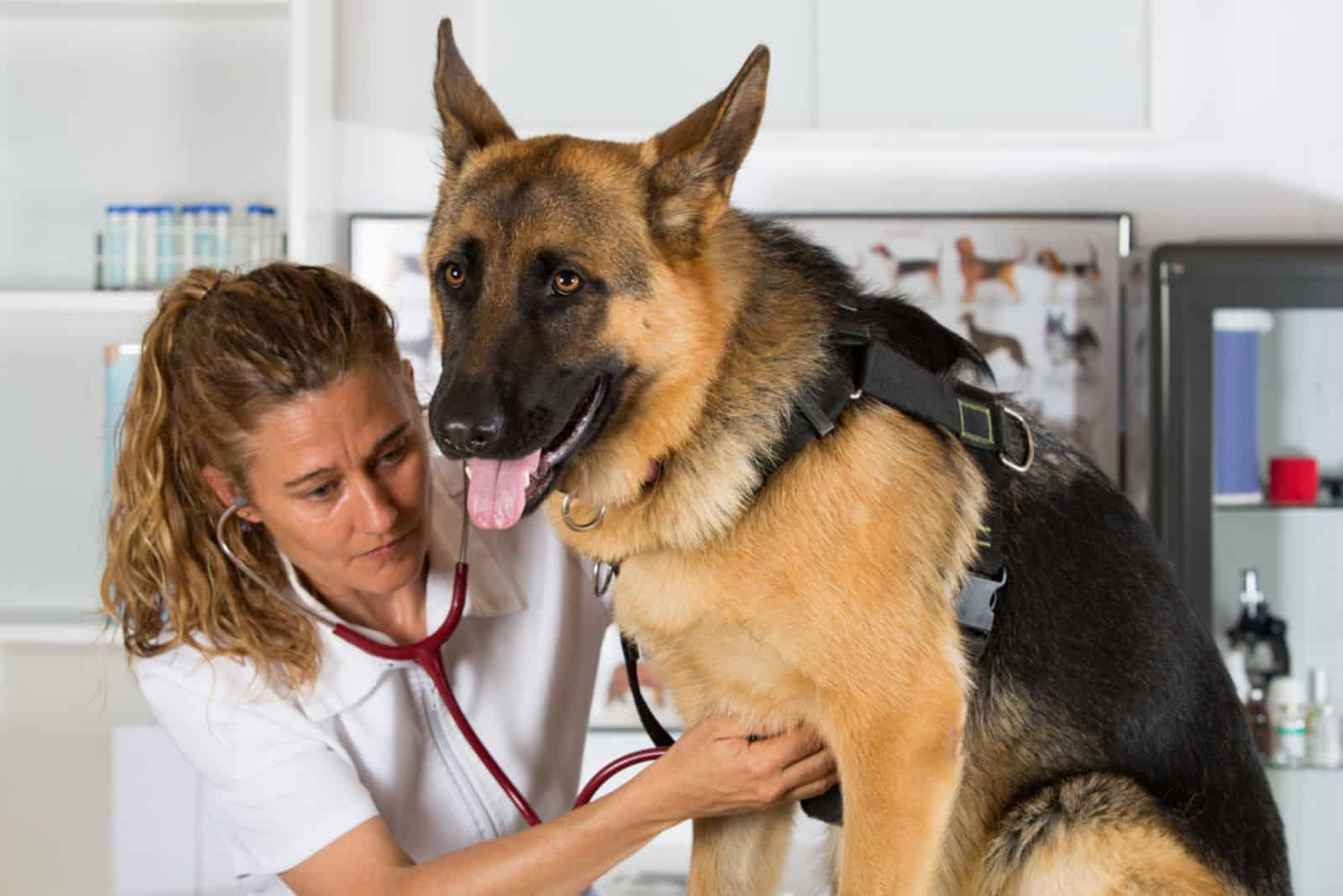
Neutering a German Shepherd dog before they reach physical maturity can cause hormonal changes in their body that can affect their growth and development. This can lead to an increased risk of certain health problems, such as joint and bone issues.
It’s worth mentioning that this breed is genetically predisposed to developing elbow and hip dysplasia.
Additionally, some studies have found that neutering a dog before they reach physical maturity can increase the risk of certain cancers, such as osteosarcoma (bone cancer) and hemangiosarcoma (a type of cancer that affects the blood vessels).
Final Thoughts
When it comes to pros and cons of neutering a German Shepherd, it’s like a game of tug-of-war. There are a lot of things to consider.
On the positive side, neutering can help prevent territory marking, reduce aggressive behavior, and control the population of dogs. On the other hand, neutering can also lead to weight gain, muscle mass loss, and a decrease in protective behavior.
Additionally, neutering a GSD at an early age can increase the risk of certain health problems.
To keep your neutered pooch active and healthy, you can enjoy regular walks, runs and playtime together, which is great for the both of you!

